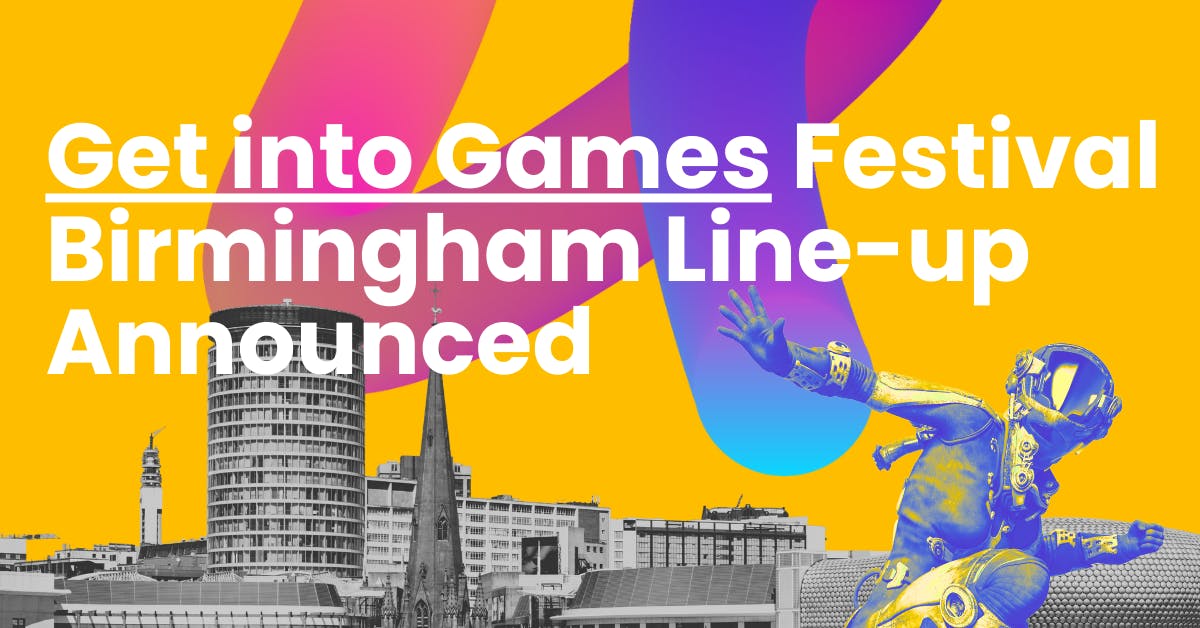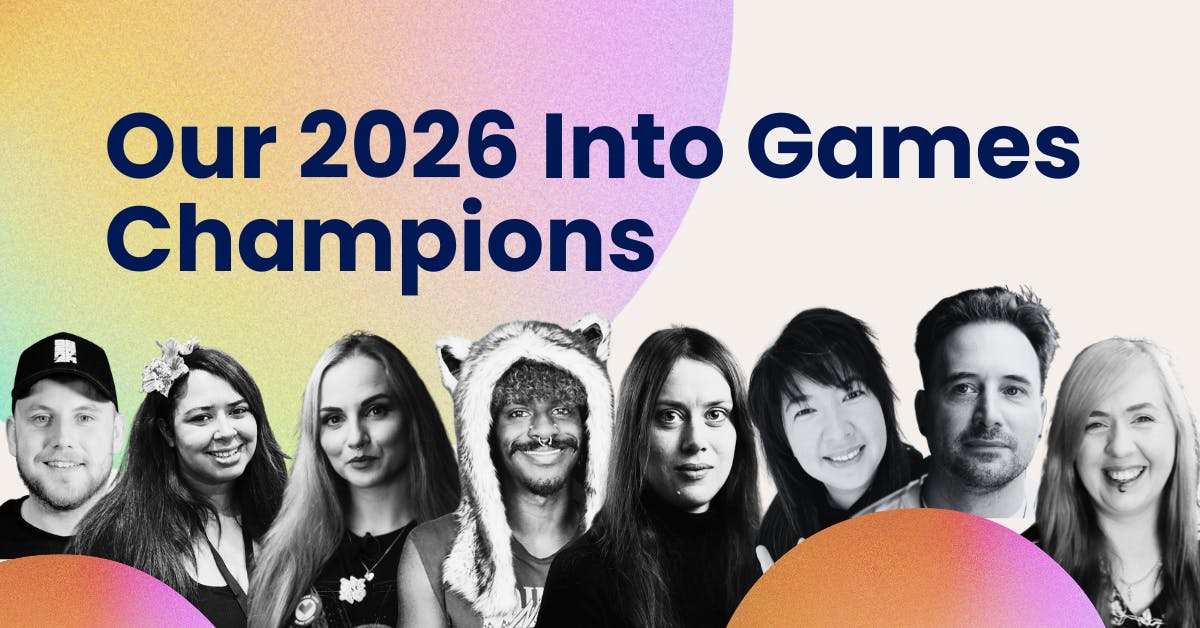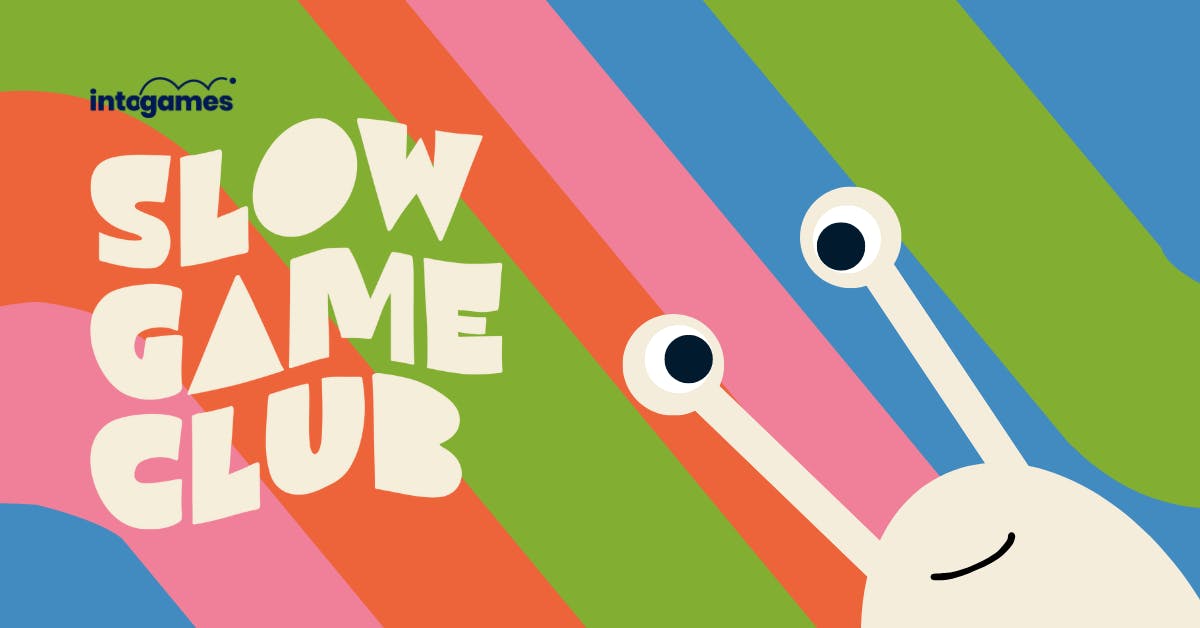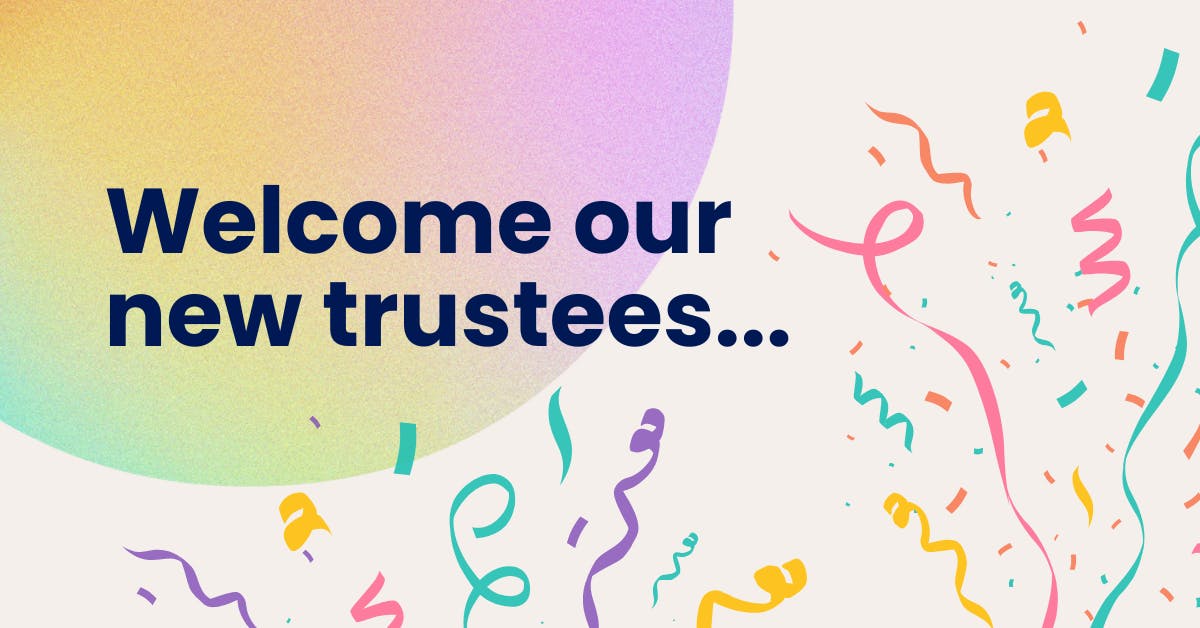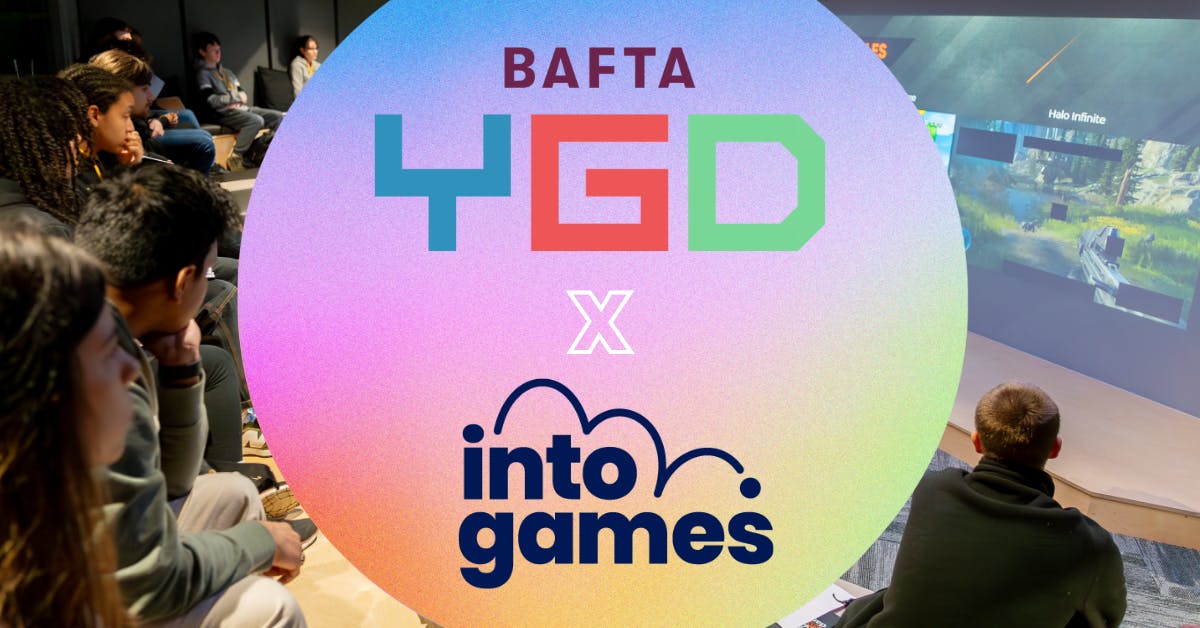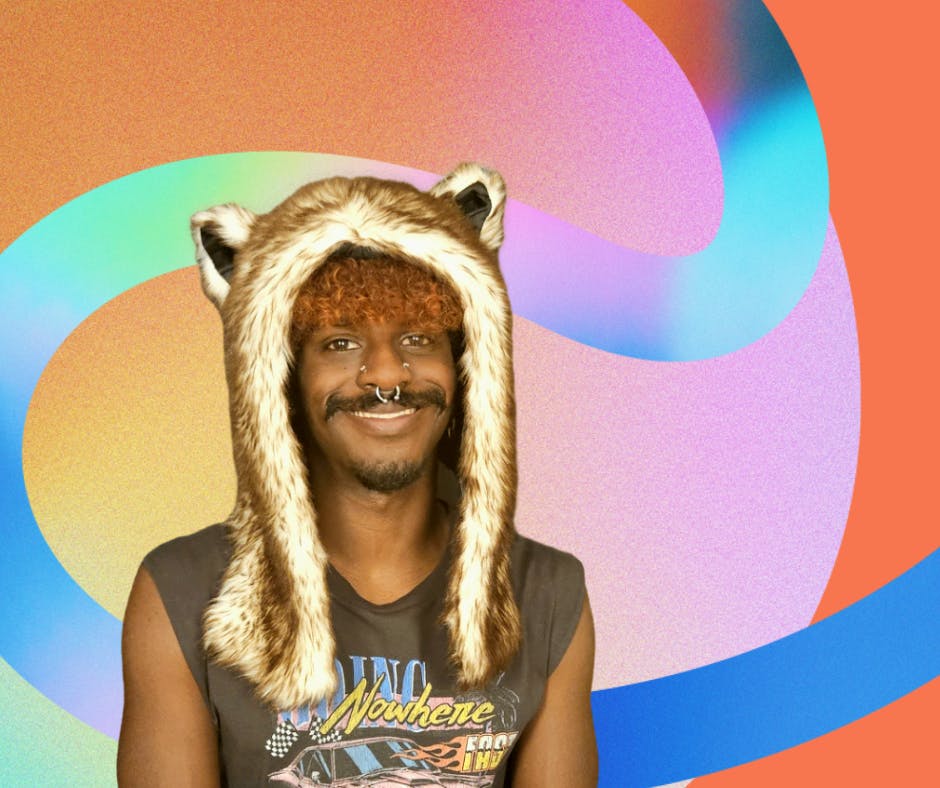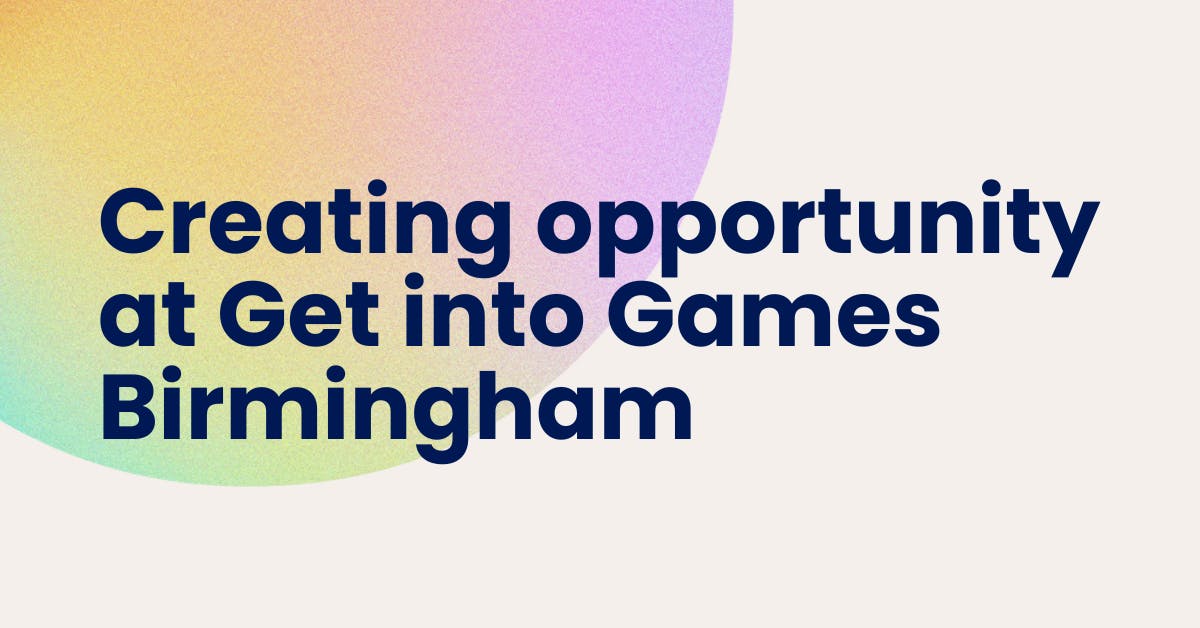
4 November 2020
What does a Technical Animator in games do?

Melker Samuel Berg is a Technical Animator for Studio Gobo, a Brighton based game studio offering AAA character-action game development services for a global client base. Melker is currently working on their very first title, building on their experience of participating and running student and game jam projects. We asked Melker some key questions about getting into the games sector.
Explain your role like I'm 5 years old
A big part of my job is taking the stiff characters created by character artists and turning them into digital puppets with controls to enable them to move around and be manipulated. In the industry, this process is usually called rigging and these "puppets" are called character rigs, or just rigs.
The animators then take those puppets and make them come to life! I also help the animators whenever they have technical problems and create tools for them to use to make their work easier. Another part of my job is also to make sure the characters are moving and animating as the animators intend them to in the game, and to make sure the characters aren't taking up too much computer resources so the game slows down or stutters.
The term Technical Animator is sort of a broad term for any role that deals with the technical aspects of game animation, so for different companies and different projects, the day-to-day work might look quite different!
Take us through your average day at work
I make myself a nice cup of tea before the morning meeting and let everyone know what I'm going to be working on that day. This is a good time to hear if any of the animators have run into any issues they need my help with. If any animator does need my help I try to prioritize that over whatever my current tasks are, one of my most important jobs as a technical animator is to make sure the animators can keep working smoothly!
What sort of tasks I might be doing vary quite a bit depending on the phase of the project. Early on I might be working on setting up and testing out character rigs, building animation tools, or talking to the concept and character artists to make sure whatever characters they are cooking up will animate properly. Later on in a project, once the rigs and animation tools are set up and functioning, I might be more focused on looking at the technical performance of the characters, and add extra effects such as dynamically moving clothing or make hair ripple in the wind!
What was your educational and career journey into your current role?
It's been sort of a winding road. I got into 3D modelling and graphics as a hobby when I was around 13, at 18 I was studying music and did a project for school that combined music and animation. I think most of the time went into setting up the character rigs, leaving less time for music and animation.
I applied to a school of game development in Malmö, Sweden, The Game Assembly for their Game Art programme, but got rejected. Looking back at the drawings I submitted as my portfolio I can see why!
After that I wanted to do a STEM foundation year at Linköping University, taking physics, biology, chemistry and maths. It was a particularly good opportunity to strengthen my knowledge of trigonometry and linear algebra, two fields of mathematics that are very helpful to anyone wanting to do Technical Animation. I think I was helped by having done some 3D work before taking those courses because I immediately saw a bunch of fun applications for what I was learning.
After that, I considered a career path with theatre or music and took a course in stagecraft in Linköping. It was a very fun education, and eye-opening from a creative point of view, as we worked a lot with how to present character and emotion through movement. I definitely think anyone working in the field of animation would be well served by taking some form of acting or dance class!
After that I applied once more to The Game Assembly, but this time to their newly started Technical Artist programme. This time I got accepted! The programme gave me a deeper understanding of 3D graphics and the tools for making game art, and allowed me to specialize in the field of Technical Animation.
It was a year of making four games projects along with the students from the other programmes, it was fairly intense but very fun. The school has a very good connection with the industry, and I was lucky to be able to get an internship at Studio Gobo after a Meet and Greet event hosted by the school.
What do you love most about your role?
What initially drew me to the role is the balance between creative and technical problem-solving. I love taking inspiration from nature and trying to replicate natural motion within the technical constraints of whatever game I'm working on. Figuring out how to set up, for example, a bird wing that results in believable motion and is easy and fun for animators to work with, while also being as simplistic as possible to speed up performance is a complex challenge, but incredibly rewarding when you manage to figure out a good solution.
Most problems in the field of Technical Animation can be tackled with multiple approaches, and it's very interesting to weigh the pros and cons of each. I also love the collaborative aspect of talking to animators and other colleagues about character movement and how to best convey the sensations or emotions we're going for in the game and translating those creative directions to technical solutions. And often technical solutions can inform creative decisions. I love it when I add functionality to a rig, and the animators use it in a way that I wasn't expecting.
I personally love working with characters that are non-human. For animals, I love watching nature documentaries or animals in the wild to observe and figure out details in their motion and behaviour so that I can make sure I capture what's important for their character in their digital counterpart. And if I'm working on something that's monstrous or alien I find it incredibly interesting to try to figure out how something would move that doesn't necessarily have a basis in the real world. Often it helps to draw inspiration from nature, but sometimes you have to get really creative!
What's the hardest thing about your role?
Like I said, almost every problem in Technical Animation has multiple potential solutions. Trying to figure out the best one for any given case can be incredibly difficult. You have to take into account a lot of different variables, such as how many animations can be created with a given budget, how many hours it will take you to implement a solution, how important a given character is for the game as a whole... The list goes on and on!
Sometimes you make decisions that seemed like the best option at the time, but as the project direction changes those decisions might have unforeseen consequences. Making sure that you and the rest of the animation team is ready and equipped to tackle whatever challenges might arise is difficult, but something that gets easier and easier with experience. It's also important not to be paralyzed by this. It's good to weigh pros and cons, but often it's far better to get to work implementing a solution and testing it out than second guessing your decision and trying to figure out the one, optimal solution.
What advice would you give to your younger self looking to get started in the industry?
I find these sorts of questions quite interesting because advice to myself might not necessarily be generally valuable advice for someone getting started. We're all unique, with unique strengths and failings.
As general thing, I'd just say "don't be afraid of failing". Make things, try stuff out, whether it's a game, a character or an animation. It's good to finish projects, but it's not necessary to finish everything to learn useful things. When you feel something went wrong, whether with a technical solution, in communicating with other people, or in how you went about learning something, take a step back and try to figure out what you can take away from that situation to help you in the future.
And do the math homework, even when it's boring! There will come times when you'll regret not having spent time strengthening the fundamentals.
Do you have any links to good articles or videos that you think might give some tips or advice to someone starting in your role?
For anyone just starting out my strongest recommendation would be to download Blender. It's a free and open-source 3D software package that has become quite popular, and is even starting to be used by big commercial projects! You can find it here: Blender.
Blender has got plenty of tutorials online, covering every aspect of the software. For anyone starting out, I'd recommend following along with some free tutorials, but there are some valuable paid resources too, such as CG Cookie.
But don't stop there! Download a game engine like Unity or Godot, and try to take the things you make into a game. Games can feel quite big and daunting, but you don't necessarily have to make a whole one get a feel for how the Technical Animator role works. Just creating a small animation of a ball bouncing up and down in Blender and getting it into Unity is a great start to any Technical Animator's career.
For anyone who's curious what sort of cool stuff is possible within the field of game animation, I'd recommend the GDC youtube channel. They have a playlist of talks specifically focused on animation, and there are tons of inspiring stuff there: GDC: Animation Talks.
If you want to strengthen your Python skills, which is never a bad idea for a Technical Animator, I'd recommend the book "Learn Python the Hard Way" by Zed Shaw. Don't be intimidated by the name, it's the best introduction I've come across for learning Python, starting out with basic concepts and gradually building on them. Useful people who've cobbled together a script or two and want to strengthen their basics too! That said, there's plenty of very useful resources for learning Python, so if you can't get a hold of that specific book, just look at any of countless online tutorials for Python beginners.
The Rigging Buddies Podcast is a very nice and relaxed way of getting insights into what Technical Animators do at different companies, and how they feel about their work. Few companies have more than a couple of Technical Animators, so it can feel a bit lonely at times, the Rigging Buddies are great to let you know you're not alone in your field: The Rigging Buddies Podcast.
The Cult of Rig YouTube Channel is a great resource that goes more in-depth into how to think about designing character rigs: The Cult of Rig YouTube Channel.
Stay up to date
It's time to level up your inbox
Pick which newsletters you're interested in receiving, and customise further by specifying a discipline.
Join our mailing listTell me more
